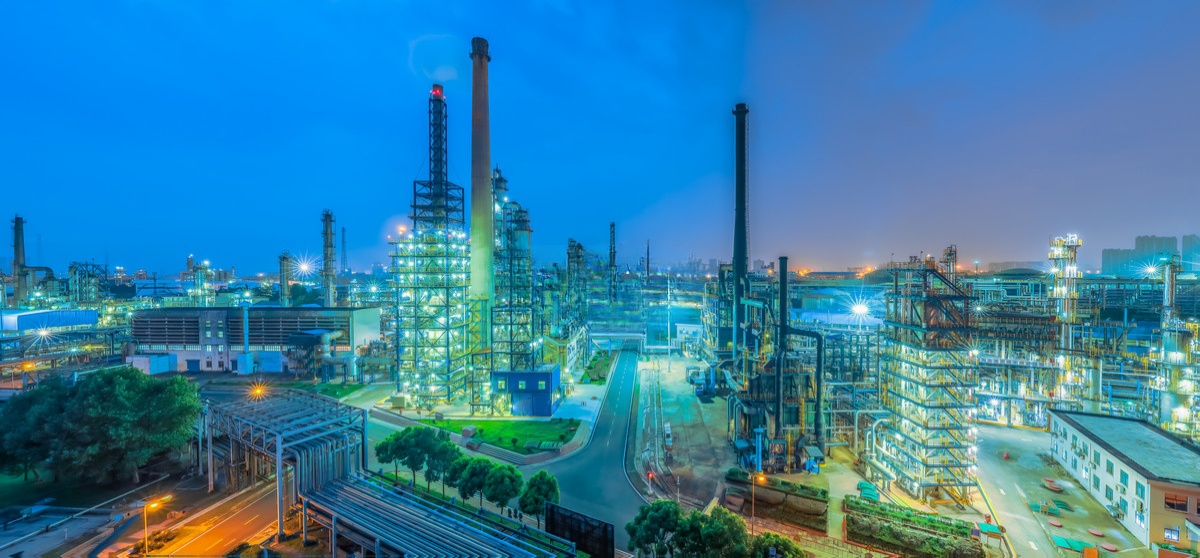Petrochemical engineering steel is steel specifically designed for the petrochemical industry and is used in the construction of refineries, chemical plants, ethylene cracking units, storage tanks, pipelines and other related facilities. These steels need to be able to withstand high temperatures and corrosive media, and have sufficient strength and toughness.
Petrochemical engineering steel mainly includes the following categories:
1. Corrosion-resistant steel: used in chemical equipment and pipelines, it can resist the erosion of various acid, alkali, salt and other corrosive media. Commonly used corrosion resistant steels are duplex stainless steel (such as 2205), super duplex stainless steel, austenitic stainless steel (such as 304, 316) and ferritic stainless steel.
2. Low-temperature steel: used in liquefied natural gas (LNG) storage tanks and transportation facilities, able to maintain good toughness and strength at extremely low temperatures. Examples include 9% nickel steel and low temperature carbon steel.
3. High strength low alloy steel (HSLA) : Structural components for petrochemical equipment, such as towers, reactors, heat exchangers, etc. HSLA steel has high strength and good weldability.
4. Carbon steel and low alloy steel: widely used in the petrochemical industry of various structural parts, such as pipes, supports, containers and other bearing structures. The mechanical properties of these steels are improved by processes such as heat treatment.
5. Cast steel and cast iron: used to manufacture large equipment and structural parts, such as pumps, valves, compressor shells, etc.
6. Superalloy: components used in high temperature environments, such as furnace tubes, heat exchanger tubes, etc. These alloys maintain mechanical properties and chemical stability at high temperatures.
Petrochemical engineering steel in the production and application process needs to meet strict international and domestic standards, such as ASME (American Society of Mechanical Engineers) standards, API (American Petroleum Institute) standards. In addition, the selection and application of steel also need to consider factors such as cost-effectiveness, processing difficulty, maintenance requirements and environmental protection. With the development of the petrochemical industry, the performance requirements for steel are also constantly improving, prompting the continuous progress of material science and engineering technology.

